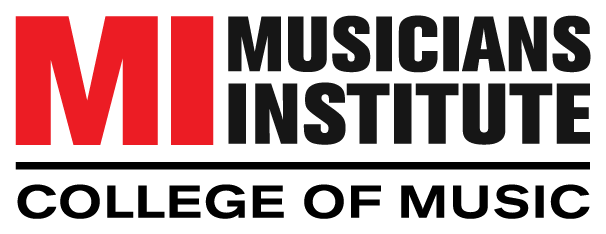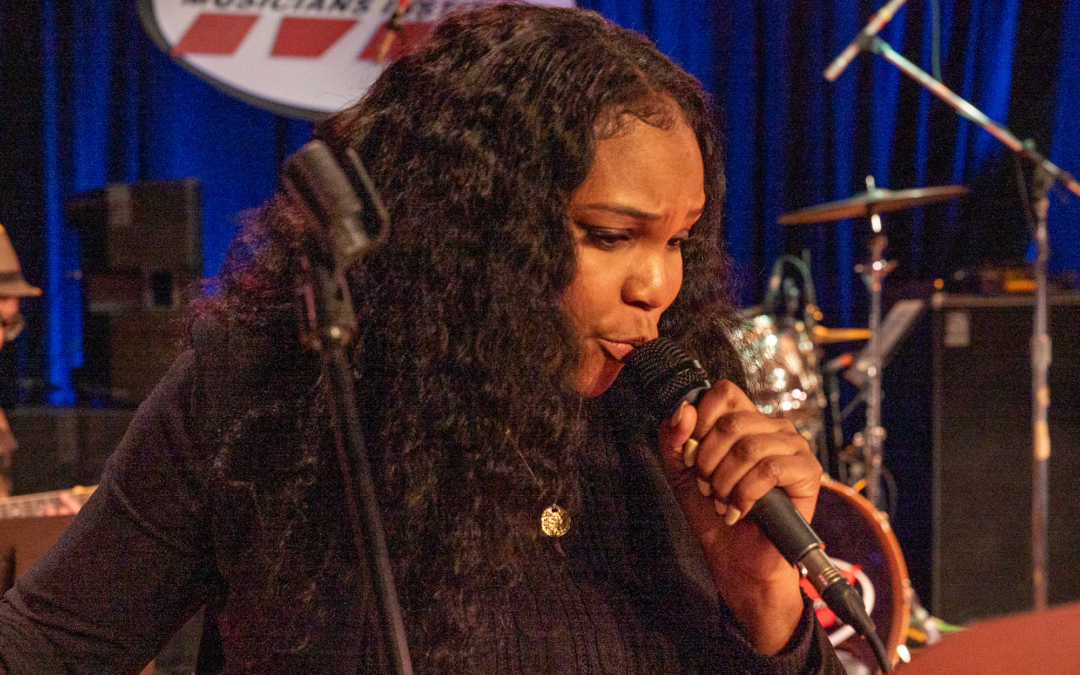The recording studio should be a fun space where your vocal performance is captured and refined into the song you dreamed of. However, it can also feel scary, even for experienced singers. Whether you’re recording your first demo or tracking vocals for a professional album, understanding the nuances of the recording process is key. This guide focuses on practical vocal recording tips for the studio, ensuring you’re well-prepared to navigate microphone selection and collaborate effectively with producers for the best experience!
Preparing for Your Studio Vocal Recording Session
The foundation of great vocal recording in the studio is laid long before you step into the booth. Here are important vocal recording tips for the studio to help you prepare effectively:
- Prioritize Vocal Health: A well-rested voice is essential for a successful vocal recording session. Avoid straining your vocal chords in the days leading up to your studio time. Stay well-hydrated, get sufficient sleep, and avoid irritants like smoke and excessive alcohol. This is a fundamental vocal recording tip that is overlooked.
- Start a Vocal Warm-up Routine: Just as athletes prepare their bodies, vocalists need to warm up their instruments. Incorporate vocal warm-up exercises to expand your range, enhance breath control, and ensure your voice is flexible and ready for peak performance during your vocal recording.
- Achieve Deep Song Familiarity: This might seem obvious, but a thorough understanding of the song’s melody, lyrics, and phrasing is a critical vocal recording tip. The more comfortable you are with the material, the more you can concentrate on the emotional delivery and subtle nuances of your vocal performance in the studio.
- Have a Positive Mindset: The recording studio environment can sometimes be stressful. Approach your vocal recording session with a positive attitude, remain open to feedback, and trust in your preparation. Remember that mistakes are a natural part of the creative process. This mental preparation is a vital vocal recording tip.
- Ensure Hydration and Comfort in the Studio: Bring water to maintain vocal cord hydration throughout your vocal recording session. Wear comfortable clothing that allows for unrestricted breathing and movement, crucial for optimal vocal performance in the studio.
Understanding Microphone Selection for Vocal Recording in the Studio
The microphone is the essential tool for capturing your unique vocal performance in the studio. Different microphones impart distinct sonic characteristics. Here are some common types to be aware of, a key aspect of vocal recording tips for the studio:

Blog Post
"*" indicates required fields
By submitting this form, I authorize Musicians Institute (MI) to make or allow the placement of calls, emails, and texts to me at the phone number that I have provided, including through the use of automated technology, or a prerecorded or artificial voice. I understand that I am not required to provide my phone number as a condition of purchasing any property, goods, or services. I agree to the terms of MI’s Privacy Policy. MI will not sell or rent your information to third parties, and you may unsubscribe at any time.
- Condenser Microphones: These highly sensitive microphones capture a broad spectrum of frequencies, making them ideal for detailed and accurate vocal recording in the studio.
- Dynamic Microphones: More robust and less sensitive, dynamic mics are often used for live performances but can also be employed in the studio, particularly for louder or more aggressive vocal styles. Understanding their application is a useful vocal recording tip.
- Ribbon Microphones: Offering a warm and smooth sonic quality, ribbon mics can be particularly flattering for vocal recording. However, they are more delicate and require careful handling in the studio.
The optimal microphone choice for your vocal recording depends on your individual voice, the specific song, and the desired sonic aesthetic. Experimentation is key, and your producer will typically offer valuable insights and suggestions – a crucial part of the vocal recording process.
Effectively Collaborating with Producers for Optimal Vocal Recording
The producer serves as your experienced guide in the recording studio, helping you achieve the best possible vocal performance. Here are vocal recording tips for the studio focused on effective collaboration:
- Maintain Clear Communication: Open and honest communication is essential. Discuss your artistic vision for the song and be receptive to the producer’s suggestions regarding your vocal delivery and the overall sound of the vocal recording.
- Trust in Producer Expertise: Rely on the producer’s trained ear and experience. They can offer valuable perspectives on your vocal performance that you might not recognize yourself. This trust is key to a successful vocal recording session.
- Be Open to Constructive Feedback: Prepare to receive constructive criticism. The producer’s primary goal is to help you deliver the strongest possible vocal recording, even if it involves pushing you beyond your comfort zone.
- Embrace Experimentation: Be willing to try different approaches, whether it involves microphone techniques, vocal effects, or variations in your vocal performance. The studio is a place for exploration in vocal recording.
- Maximize Studio Efficiency: Studio time is a valuable resource. Arrive prepared, maintain focus, and be ready to work efficiently to make the most of your vocal recording session.
Elevating Your Vocal Recording Skills at Musicians Institute:
For vocalists aspiring to master the art of studio vocal recording, Musicians Institute offers comprehensive education in this field. MI’s programs provide hands-on training in state-of-the-art facilities, covering a wide range of topics from microphone techniques and audio engineering to production and mixing. Students learn from experienced faculty who are industry professionals, gaining invaluable practical experience and preparing them for successful careers in the music industry. You’ll work with experienced faculty who are industry pros, gaining invaluable experience and gettin’ prepped for a successful career in the music biz. Whether your goal is to become a sought-after session vocalist, a compelling recording artist, or a skilled vocal producer, MI equips you with the essential skills and knowledge to excel in the recording studio.
Mastering vocal recording in the studio is a journey that combines preparation, technical understanding, and effective collaboration. By implementing these vocal recording tips for the studio, you can approach your next session with confidence, work effectively with your producer, and ultimately capture a vocal performance that truly shines.

